A Comprehensive Guide to the Minimum Alternate Tax (MAT) under Section 115JB of the Income Tax Act
The Income Tax Act's Section 115JB establishes the Minimum Alternate Tax (MAT), which makes sure businesses pay a minimum tax even when they take advantage of exemptions and deductions. The goal of MAT, its applicability to both domestic and international businesses, its calculation method, the credit system, and important modifications such as exclusions for businesses falling under Sections 115BAA and 115BAB are all covered in this blog. It also looks at MAT's function in maintaining tax equity, particularly for companies with high book earnings but low tax obligations.
.jpg )
Income Tax Act, Section 115JB: Minimum Alternate Tax (MAT)
Overview
The Income Tax Act's Section 115JB addresses Minimum Alternate Tax (MAT), a measure designed to make sure businesses pay a minimum amount of tax even if they qualify for a number of exclusions and deductions that would otherwise result in a zero-tax obligation. MAT was developed to use available tax deductions under the standard income tax laws to counterbalance corporations that claimed significant profits in their financial accounts but paid little or no tax.
The Minimum Alternate Tax (MAT): What is it?
Under the notion of Minimum Acceptance Tax (MAT), a business that is legally paying little or no tax because of deductions must still pay a minimum amount of tax depending on its book earnings. Companies are required under Section 115JB to determine their tax due using book earnings and pay the larger of the two:
- Normal tax responsibility determined in accordance with the Income Tax Act's ordinary rules, or
- MAT liability determined at a predetermined proportion of book profits, presently 15%.
Relevance of Section 115JB
All firms, international or domestic, having money earned or presumed to have been generated in India are subject to Section 115JB. There are, however, a few exceptions:
- Businesses engaged in the construction of infrastructure
- Businesses in the energy and electricity industries
- Exempt are foreign corporations that fall under certain categories of Double Tax Avoidance Agreements (DTAA).
MAT Computation Under Section 115JB
15% of book profits is the formula used to compute MAT (Finance Act, 2020). Book profits come from the company's profit and loss statement, which is created in compliance with Schedule III of the 2013 Companies Act. This book profit has been adjusted to reflect things like:
- Provisions for income taxes
- Provisions for deferred taxes
- Dividends made or anticipated
- Reserve transfers
Following these modifications, MAT is computed on the resulting book profits.
Formula for MAT Calculation
MAT = 15% × (Adjusted Book Profits) + Surcharge + Health and Education Cess
Example:
If a company’s book profit is ₹10 crores, the MAT liability will be:
MAT = 15% × ₹10,00,00,000 = ₹1,50,00,000
Surcharge and cess are also added to the MAT amount.
Credit for MAT
A business is qualified for MAT credit, which it can carry forward for a maximum of 15 years, when it pays tax under MAT. The excess MAT paid in previous years may be deducted from the company's normal tax liability in the current year if its regular tax liability in subsequent years exceeds its MAT liability.
Foreign Companies and MAT
If a foreign business has a permanent establishment (PE) in India, MAT also applies to them. Foreign corporations covered by the DTAA, however, are exempt from MAT if the advantages of the treaty shield them from its terms.
Significant Modifications and Adjustments
- The current MAT rate of 15% has been subject to several revisions throughout time.
- Companies that choose the new tax system under Section 115BAA or Section 115BAB are exempt from MAT as of AY 2020–21.
- The MAT credit carry-forward duration was extended from 10 to 15 years.
In Summary
Companies that benefit from a variety of exemptions and deductions are especially encouraged to contribute to the tax system by paying a minimum amount of tax, as stipulated by Section 115JB. MAT guarantees that businesses with substantial book profits are not completely evading taxes and contributes to the preservation of tax equality.
MAT is not applicable to enterprises who choose the new concessional tax system, indicating the government's intention to streamline corporate tax arrangements. Businesses should thus determine if MAT applies to them and adjust their tax strategies accordingly.
FAQs
Who is required by Section 115JB to pay MAT?
Any domestic or foreign business that is required to pay MAT under Indian tax regulations if it has taxable income and records profits under Schedule III of the Companies Act.
What is the MAT rate right now?
15% of book profits is the MAT rate.
Can you carry over your MAT credit?
Yes, you may use the MAT credit to reduce your regular tax burden in following years by carrying it forward for up to 15 assessment years.
Are businesses who choose to use the new Section 115BAA/115BAB tax system free from MAT?
Indeed, businesses who choose to use these new tax systems are not subject to MAT.
Does MAT apply to businesses based abroad?
Yes, international businesses with a permanent establishment in India, excluding protection via a DTAA.
FILING YOUR INCOME TAX RETURN F.Y 2024-25 (A.Y. 2025-2026) WITH MYITRONLINE
The income tax filing deadline is right around the corner. If you haven’t filed yet, do it today with Myitronline! Avoid last minute rush and file your tax return today on MYITRONLINE in Just 5 mins.(www.myitronline.com)
If you are looking for eCA assistance to file your income tax return/ GST, you can opt for MYITRONLINE eCA assisted plan starting
Upload Salary Individual Form-16
If you have any questions with filing your tax return, please reply to this mail. info@myitronline.com OR call 9971055886,8130309886.
Note-All the aforementioned information in the article is taken from authentic resources and has been published after moderation. Any change in the information other than fact must be believed as a human error. For queries mail us at marketing@myitronline.com
Krishna Gopal Varshney
An editor at apnokacaKrishna Gopal Varshney, Founder & CEO of Myitronline Global Services Private Limited at Delhi. A dedicated and tireless Expert Service Provider for the clients seeking tax filing assistance and all other essential requirements associated with Business/Professional establishment. Connect to us and let us give the Best Support to make you a Success. Visit our website for latest Business News and IT Updates.
Leave a reply
Your email address will not be published. Required fields are marked *Share this article
Krishna Gopal Varshney, Founder & CEO of Myitronline Global Services Private Limited at Delhi. A dedicated and tireless Expert Service Provider for the clients seeking tax filing assistance and all other essential requirements associated with Business/Professional establishment. Connect to us and let us give the Best Support to make you a Success. Visit our website for latest Business News and IT Updates.
View articles








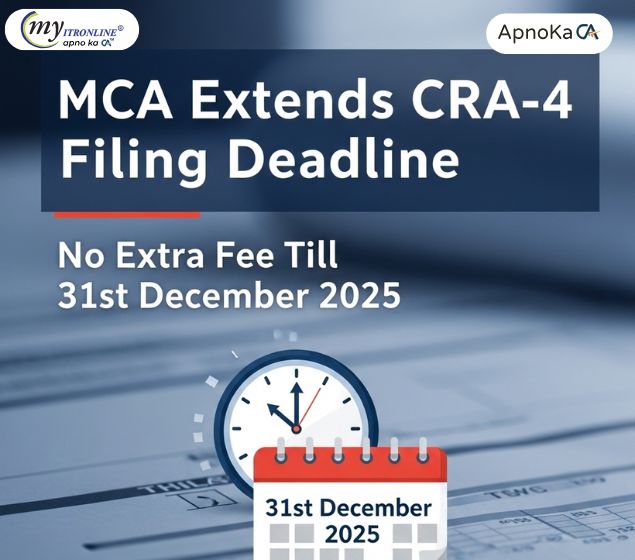
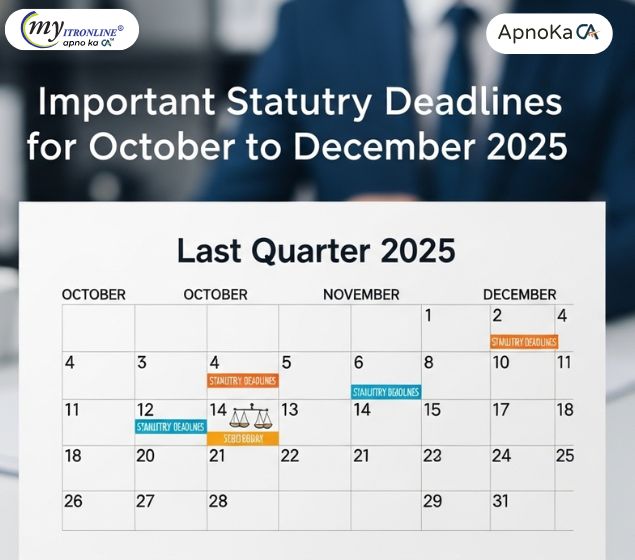
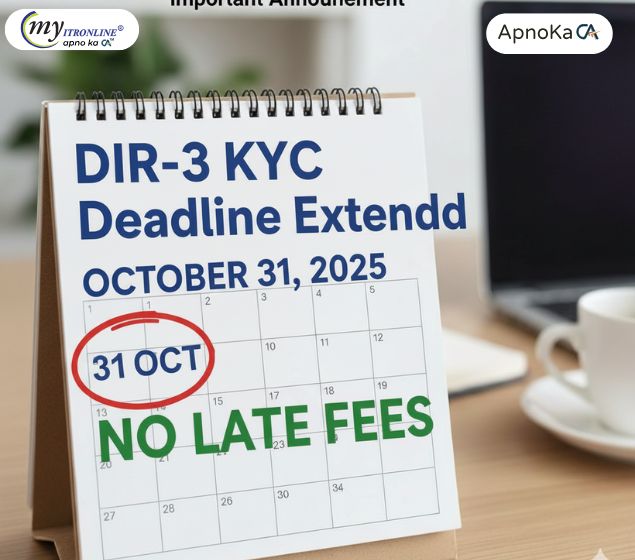
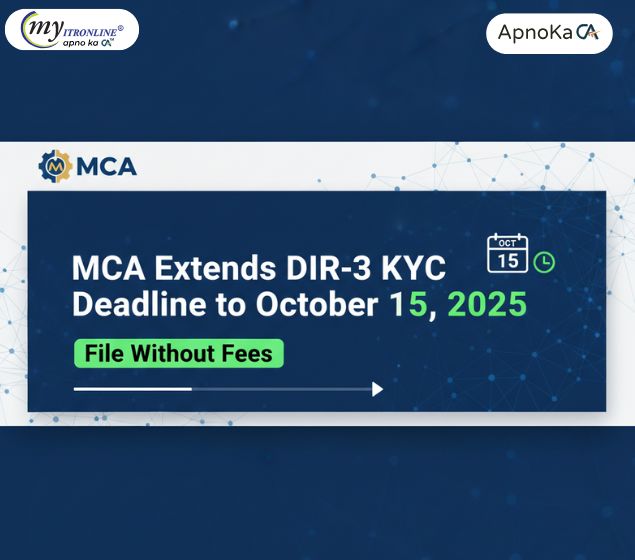


.jpg
)
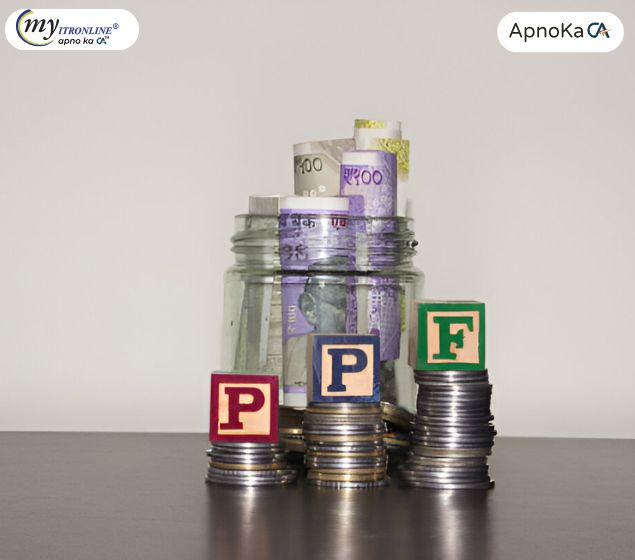
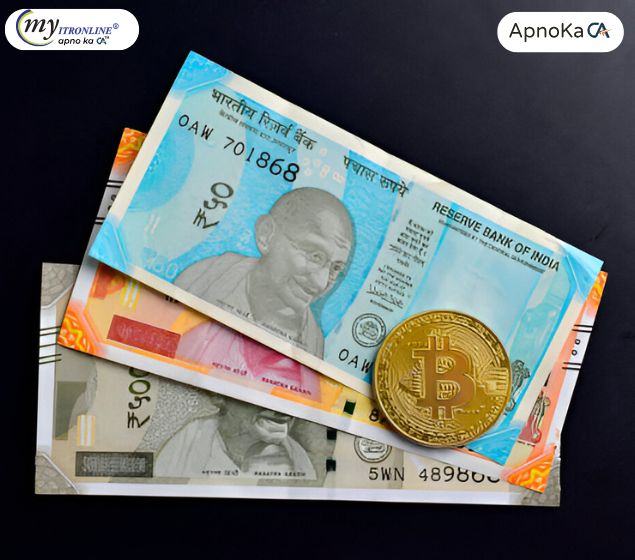
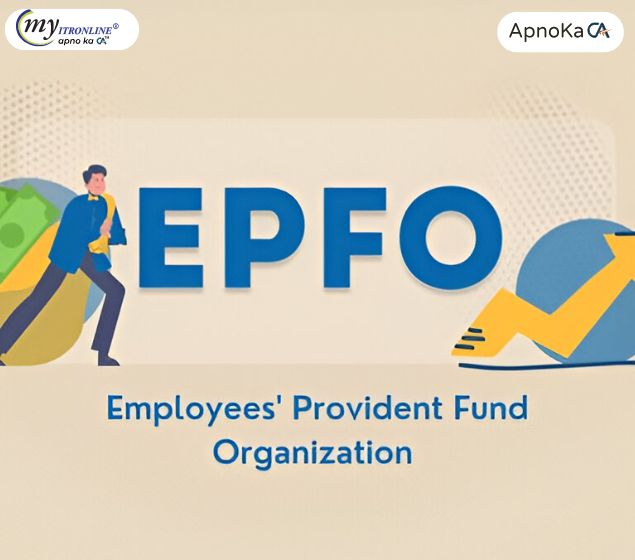
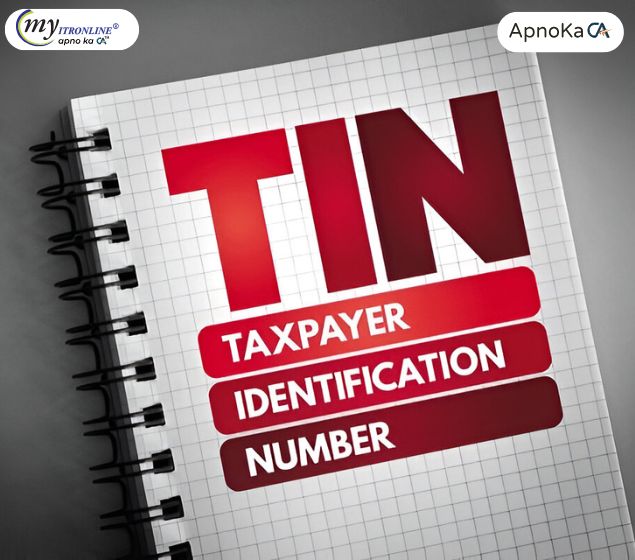
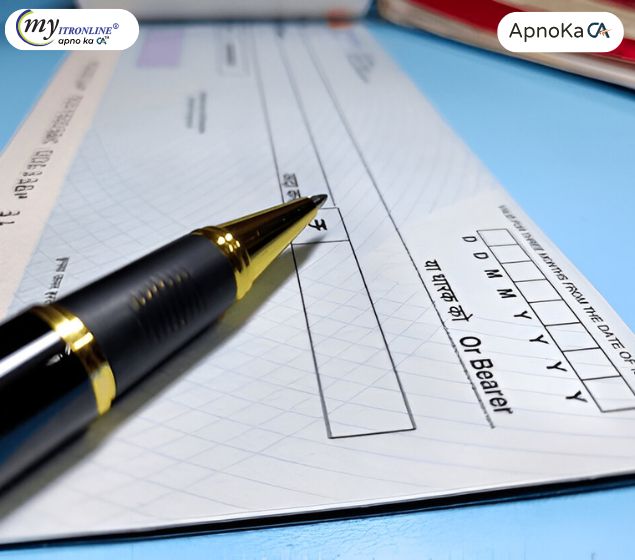
.jpg
)
.jpg
)
.jpg
)